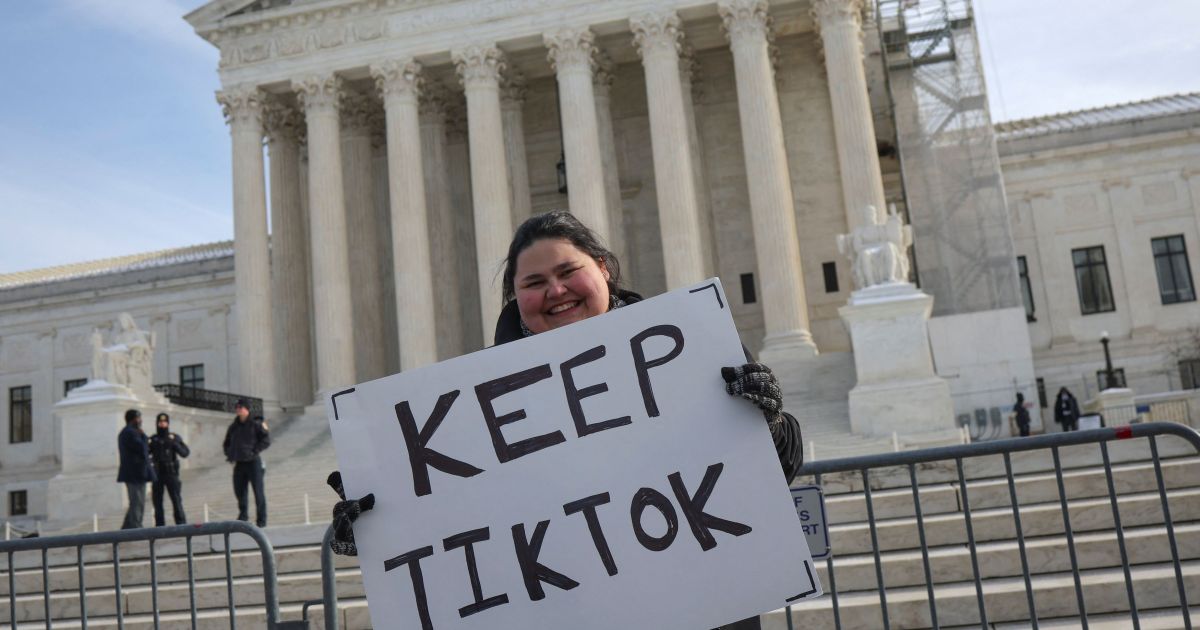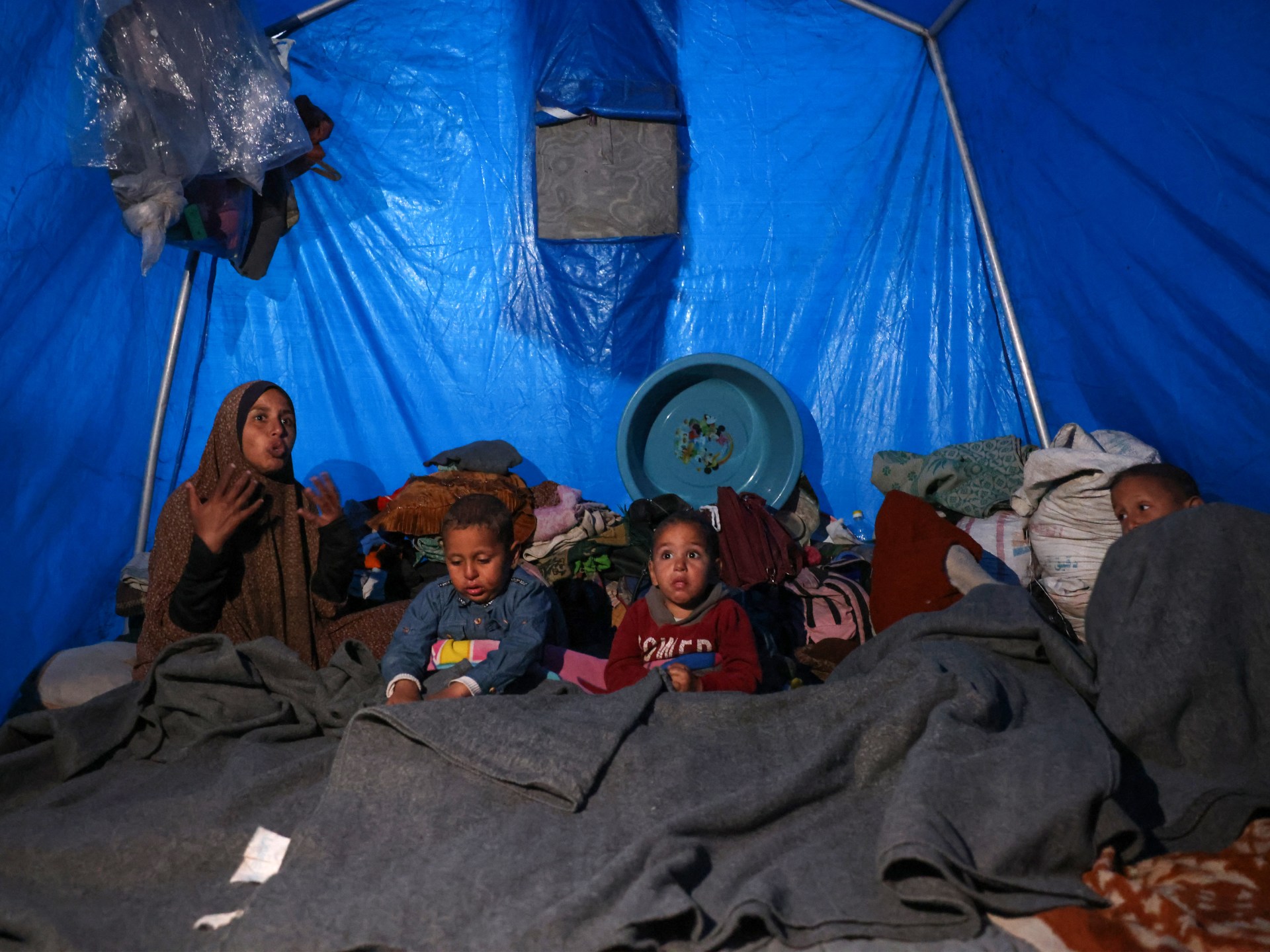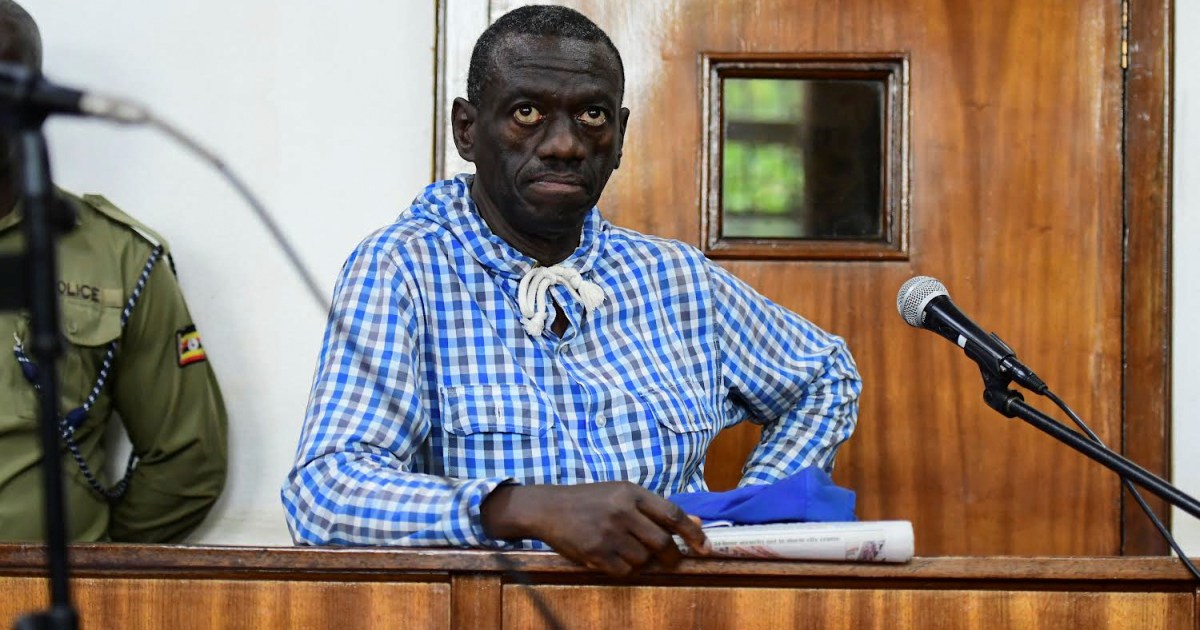

TikTok is heading towards a shutdown in the United States on Sunday when the deadline expires for the platform’s Chinese owner ByteDance to either divest ownership or cease operations.
Beijing-based ByteDance was given the ultimatum in April when US President Joe Biden signed into law the Protecting Americans from Foreign Adversary Controlled Applications Act (PAFACA).
As the ban draws closer, US officials have signalled that a reprieve could be in the works for the app, which is used by 170 million Americans.
Separately, a legal case is before the Supreme Court, where TikTok is challenging the ban on the grounds that it violates freedom of speech.
Apart from the impact a ban would have on millions of users, TikTok’s fate is being closely watched because it could set a precedent for how the US deals with other apps owned by China and other foreign adversaries, such as CapCut, Xiaohongshu, Lemon8, Alipay and WeChat.
What happens on Sunday if the ban goes forward?
If nothing changes by the weekend, TikTok will be removed from US app stores on Sunday, while US tech companies will be prohibited from hosting, distributing, maintaining or updating the app.
Advertisement
Over time, the lack of updates would render the app unusable for existing users.
Sources have told media outlets that users who try to access TikTok from Sunday will be directed to a website about the ban and ways to download their personal data.
TikTok did not respond to Al Jazeera’s request for comment.
Officials from both the Biden administration and the incoming administration of President-elect Donald Trump, who pledged to “save” the app on the campaign trail, have indicated they are trying to find a way to keep the app from going dark.
“Americans shouldn’t expect to see TikTok suddenly banned on Sunday,” an unnamed member of Biden’s team told CNBC this week.
Trump’s incoming national security adviser, Mike Waltz, told FOX News this week that the new administration would “find a way to preserve [TikTok] but protect people’s data”.
In another positive signal from Trump’s team, TikTok CEO Shou Chew is scheduled to attend the president-elect’s inauguration on Monday.
What can the White House do to stop or delay the TikTok ban?
Under the terms of PAFACA, the US president can grant a single 90-day extension if “significant progress” has been made towards finding TikTok a new buyer.
Trump is also reportedly considering an executive order to keep the app from going dark, according to US media reports.
Anupam Chander, a professor of law and technology at Georgetown University, said these signs suggest the TikTok saga may not reach its conclusion this weekend.
“President-elect Trump asked the Supreme Court to slow down the process to give him time to find another solution,” Chander told Al Jazeera.
Advertisement
“When he is president, he may yet be able to convince Congress to amend the law, or perhaps even negotiate a sale of TikTok, or exercise another authority.”
Why are US lawmakers so worried about TikTok?
Washington alleges that the app is a national security risk because it could be used by Beijing to spy on millions of Americans and spread propaganda.
While TikTok owner ByteDance is a private company, the Chinese government exerts a degree of influence over its domestic tech industry that does not exist in the West.
In a bid to appease US lawmakers, ByteDance in 2022 partnered with the US tech company Oracle to route traffic through its infrastructure and store data on US-based servers.
The move ultimately did not assuage Congress, which voted overwhelmingly for the ban along bipartisan lines.
Claire Chu, a senior China analyst at Janes in Washington, DC, said governments, including Beijing, rely on social media to understand public sentiment at home and abroad.
“There absolutely is this surveillance component to social media apps and to internet use. It’s not just the censorship,” Chu told Al Jazeera.
“It’s also more broadly information collecting, not just metadata, but really insights and trends, and … patterns of life and vulnerabilities and opportunities.”
What about TikTok’s legal case against the ban?
The Supreme Court heard arguments in the case on January 10.
While the court has yet to issue its ruling, a majority of justices have indicated that they are sceptical of TikTok’s arguments that the ban violates Americans’ free speech rights.
Rights groups like the Electronic Frontier Foundation (EFF), however, have argued that the ban is at odds with free speech and is a distraction from the need for legislation to protect Americans’ personal data generally.
Advertisement
David Greene, civil liberties director at the EFF, said that foreign adversaries can acquire Americans’ information simply by buying it from data brokers on the open market.
“Because of Congress’s failure to enact comprehensive consumer privacy legislation, corporations from around the world are free to harvest Americans’ data, store it forever, and then monetise it through ever-expanding uses and sales,” Greene told Al Jazeera.
“The ban or forced sale of one social media app will do virtually nothing to protect Americans’ data privacy from another country,” he added.
Related News

Sixth baby dies from severe cold in Gaza as Israel raids hospitals

Israeli settlers commit arson and vandalism in spate of West Bank attacks

Ugandan military court rules opposition figure can be tried for treachery


